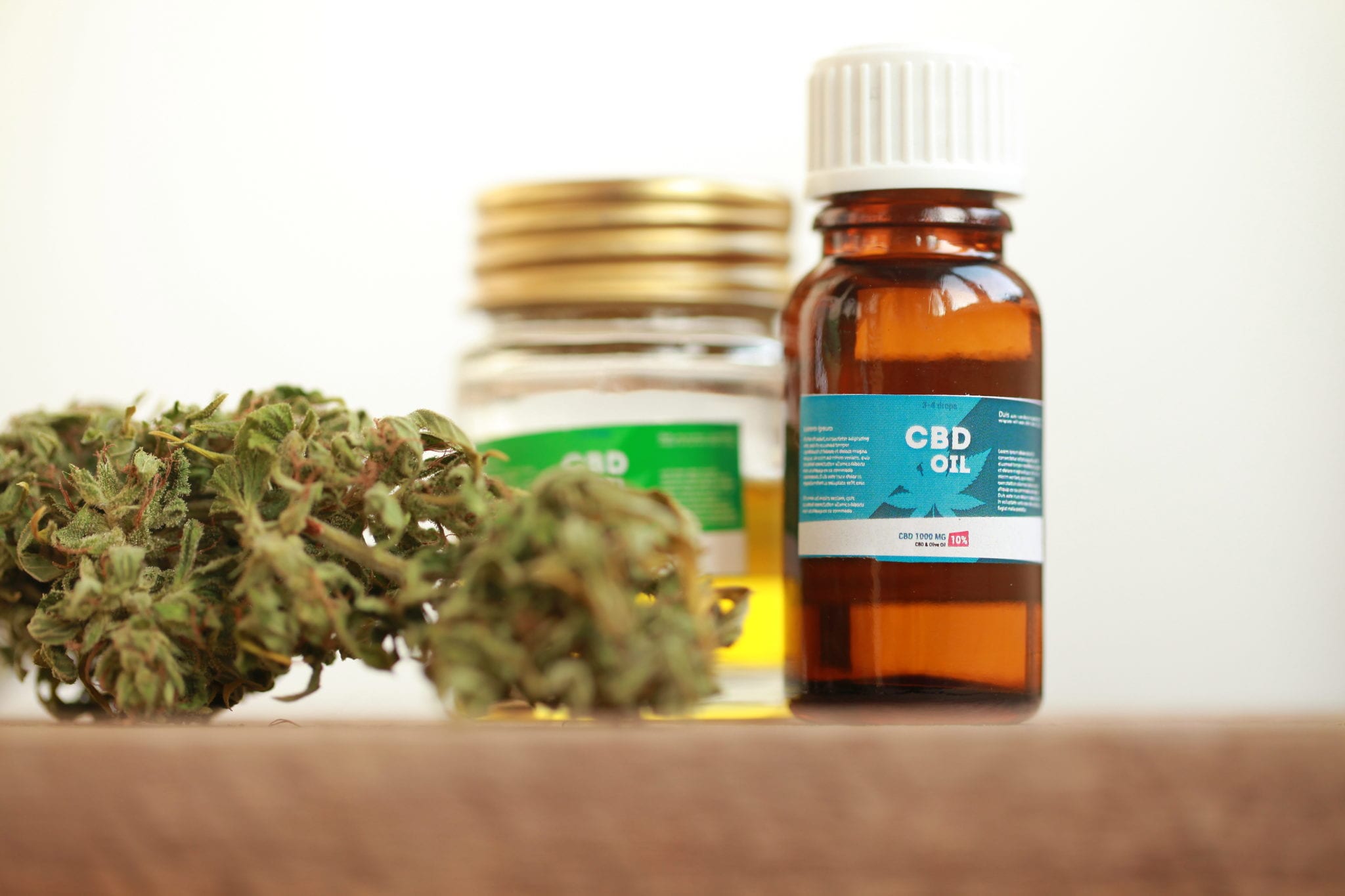Cannabidiol, or CBD is the non-psychoactive ingredient found in both hemp and marijuana and has been touted as a cure-all for ailments from anxiety to insomnia, but so far there is little proven clinical data to back up claims. To date, CBD has only been proven to effectively treat forms of pediatric epilepsy — but a new study suggests it may help another group: heroin addicts.
Researchers at The Mount Sinai Health System in New York tested dozens of long-time heroin users that recently stopped using the illicit drug. Users who try to quit heroin normally suffer anxiety and strong cravings, making it a hard habit to kick. However, in the study published in The American Journal of Psychiatry, CBD oil was found effective in reducing both cue-induced cravings and anxiety in former users.
Researchers found that using CBD “significantly reduced both the craving and anxiety induced by drug cues … in the acute term. CBD also showed significant protracted effects on these measures seven days after the final short-term exposure.” The study is neither comprehensive nor conclusive, yet it points to the need for further research to explore the therapeutic value of CBD.
There have also been positive results to suggest that using CBD can also help with cravings related to tobacco and methamphetamine use as well.
CBD-heroin study shows promise, more research needed
There’s been bits and pieces of progress showing the effectiveness of CBD for various conditions, but without long-term clinical testing its hard to paint a full picture. For example, this study looked at 42 individuals over a period of less than two weeks, so it is not a large enough, nor thorough enough study to be considered a breakthrough.
A larger study over a longer would produce more reliable data and eliminate unforeseen factors that could skew results that can be attributed to a small study. The small study makes it difficult to reach solid conclusions with discovering a definitive cause-and-effect relationship.
But with more research carried out on cannabis and CBD, it creates an opportunity for researchers to build on results from a research database. Now that doctors in Colorado will be able to prescribe medical marijuana rather than opioids, that too should help add some important data to help measure how effective cannabis is in treating patients.
With a lack of information, patients and doctors are left relying on anecdotal evidence and taking a chance on cannabis that could result in unexpected consequences. If more adequate data is available on cannabis, it can help to ensure that it is properly prescribed for patients that can benefit from it, rather than it simply being a last resort that may or may not be effective.














